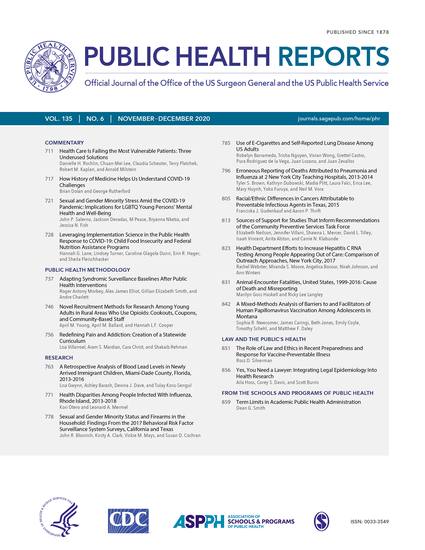
The rapid mobilization of coronavirus disease 2019 (COVID-19)–related research (and strategies for addressing behavioral and societal implications) shows that the 17-year lag for research evidence to translate into practice or policy that benefits the public’s health is not an inevitability. The immediate threat of the pandemic thrust public health and well-being into the spotlight. Scientific journals and funding agencies have adopted expedited review processes, publishers have waived open access fees, and researchers who are able to do so have mobilized to investigate, write, and share findings with broad audiences, often working collaboratively to keep pace as the situation unfolds. Collectively, these efforts have helped generate and disseminate crucial research that is accessible to practitioners.
Available at: http://works.bepress.com/lindsey-turner/30/
